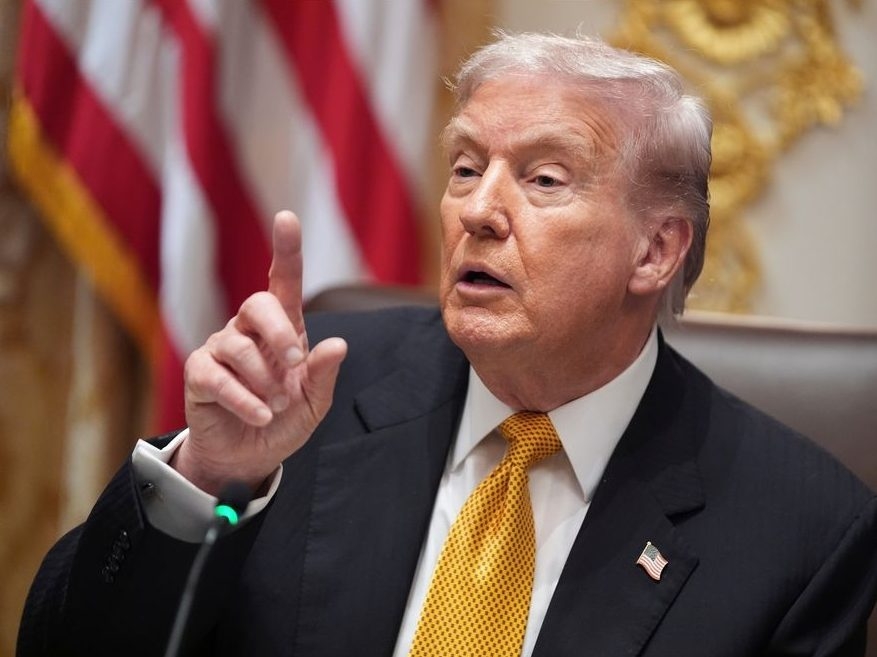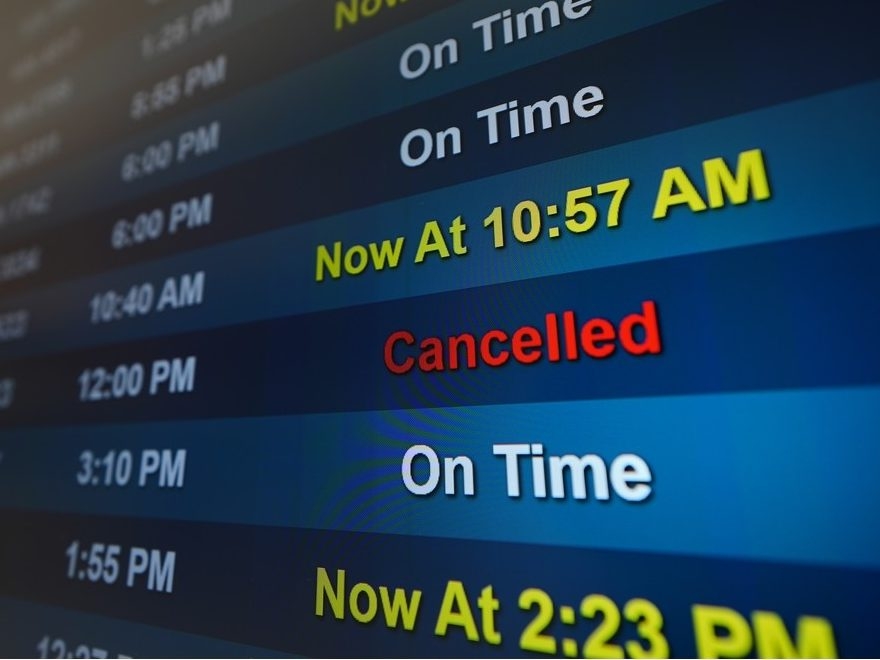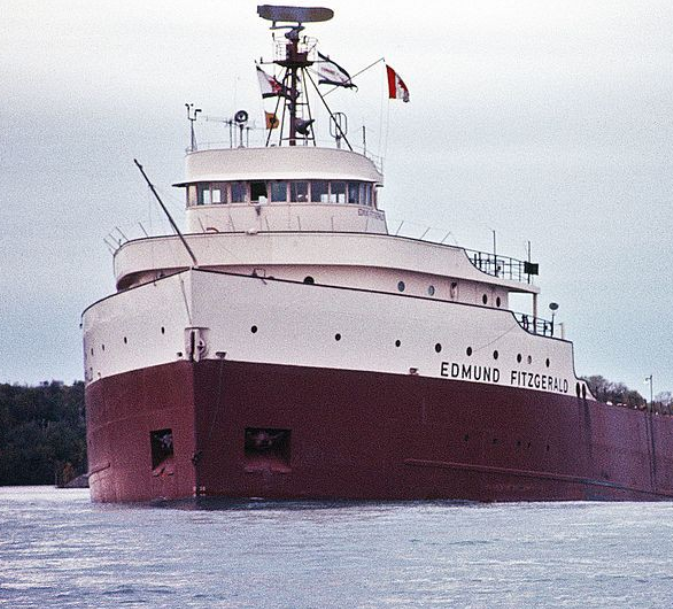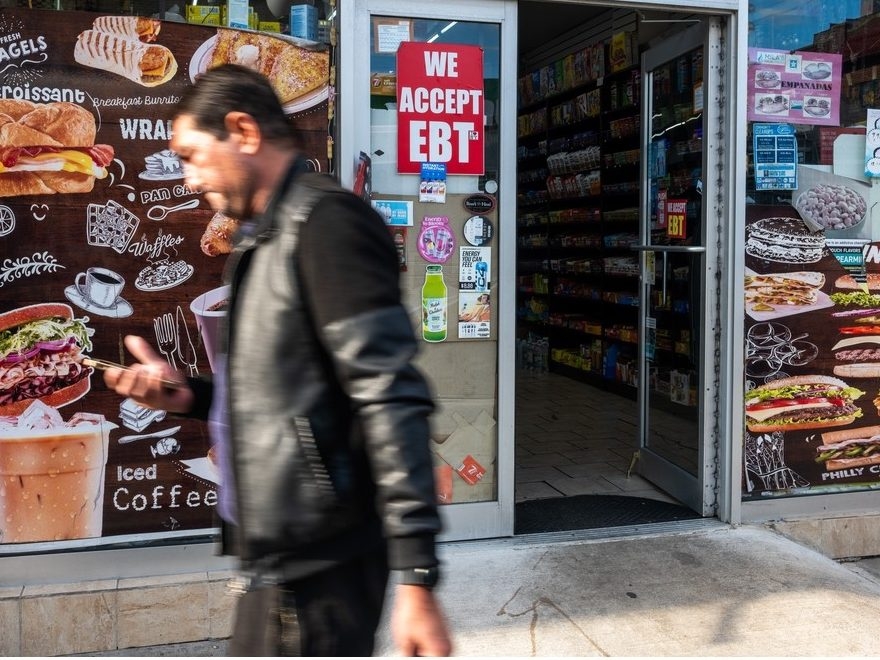A silent crisis is gripping Iran, a drought of unprecedented severity threatening to unravel the foundations of the nation. The specter of evacuations looms over Tehran, a city unprepared for the possibility of taps running dry, while the regime faces a challenge that could destabilize its power and even jeopardize its long-held ambitions.
Kaveh Madani, a leading expert at the United Nations University Institute for Water, Environment and Health, paints a stark picture of “water bankruptcy.” This isn’t a sudden event, he emphasizes, but the culmination of decades of environmental mismanagement and increasingly severe climate conditions. The consequences are far-reaching, eroding Iran’s influence on the world stage.
The situation is critical. Of the five major dams supplying Tehran, one is already depleted, and another teeters on the brink, holding less than 8% of its capacity. Authorities are already implementing evening water cutoffs, desperately attempting to replenish dwindling reservoirs and urging citizens to reduce consumption by a significant 20% to avert widespread rationing.
Madani warns of a looming “Day Zero” – a terrifying prospect where the taps of Tehran, and other previously secure cities, fall silent. This isn’t merely an environmental issue; it’s a national security threat. The collapse of essential infrastructure, he argues, could ignite widespread unrest, creating vulnerabilities even adversaries couldn’t engineer.
The crisis extends beyond daily life, threatening the very core of Iran’s strategic capabilities. The nation’s energy production, heavily reliant on hydropower, is faltering, leading to power outages that exacerbate the water shortage. Even the controversial nuclear program is at risk, requiring substantial water and energy resources to operate.
Existing international sanctions further complicate the crisis, limiting Iran’s ability to address the shortages and forcing increased reliance on expensive food imports. The nation’s defiant stance, its “resistance mode,” intensifies the pressure on its already strained ecosystem and dwindling resources.
While a mass evacuation of Tehran is considered unlikely due to the disruption to lives and livelihoods, a palpable fear is spreading among the population. The government clings to the hope of rainfall, but the reality is grim, and the future uncertain. The flames of this crisis, long predicted by experts, are now undeniably raging.
Madani’s assessment is clear: Iran is facing a multifaceted catastrophe, born of poor decisions and exacerbated by a changing climate. The consequences will be felt not only by its citizens but also by the stability of the region and the future of Iran itself.






